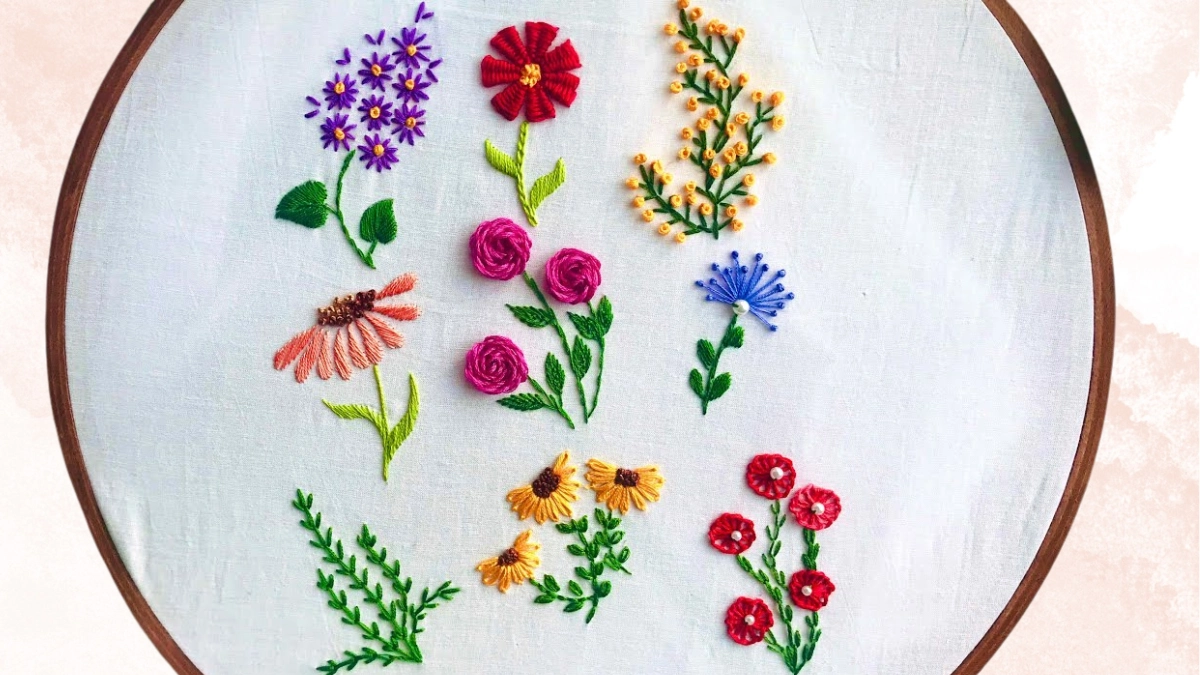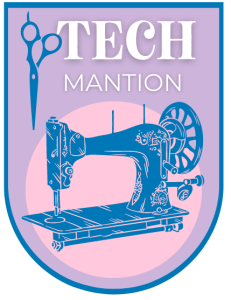Leather is a beautiful material that can use in an array of ways. One way to use embroidery on leather effectively, and potentially attractively for your business’s image if it suits the occasion well enough – would involve machine embroidery on this durable cloth, which will look not only pleasing but also provide long-lasting protection against wear from everyday activities like gardening or even driving around town.
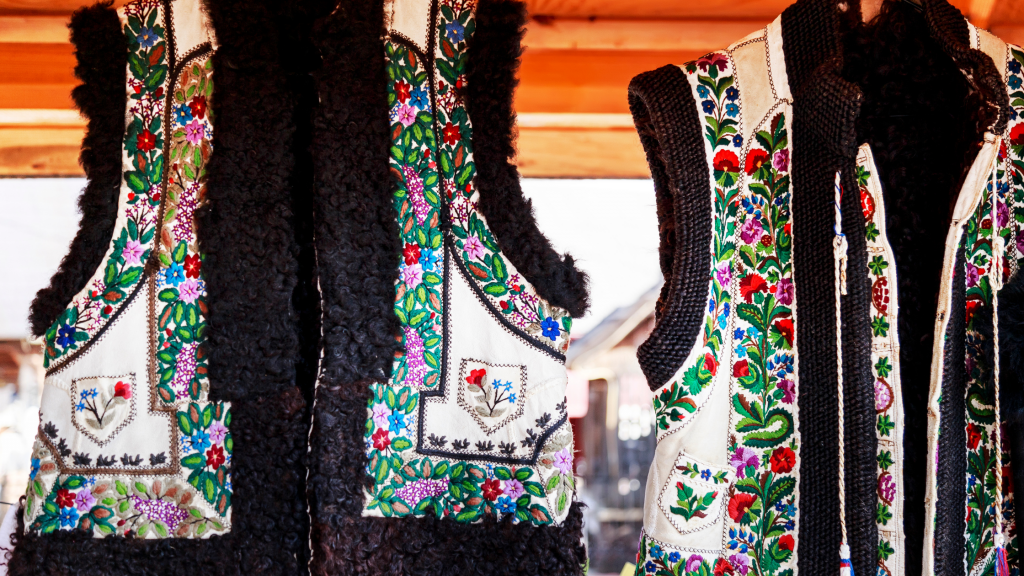
One should never fear trying out new ideas, especially those with skillful hands since day first; there isn’t anything too tricky about incorporating these tips into any project at home.
Here, we’ll tell you the basics of choosing leather, picking designs that work well with it, and how to install your needles! There are also tricks, so beginners don’t get burned by their first experience hoop-building on this excellent stuff called “leather.”
Table of Contents
Types
Leather is a durable material that can use for many purposes. The most common type of leather, however, would have to do with shoes and bags; it comes in different qualities such as cowhide (which contains more natural oils than other types), suede, or lambskin, which has much less moisture content but still offers strength where needed most – like on the outside edges underfoot near ankles when walking through wet grass.
Choosing of Design
When digitizing a leather design, use less underlay and lighter density. These choices will ensure that your embroidery machine won’t cause any permanent damage to the material of choice – in this case, a durable yet delicate fabric made from animal hides.
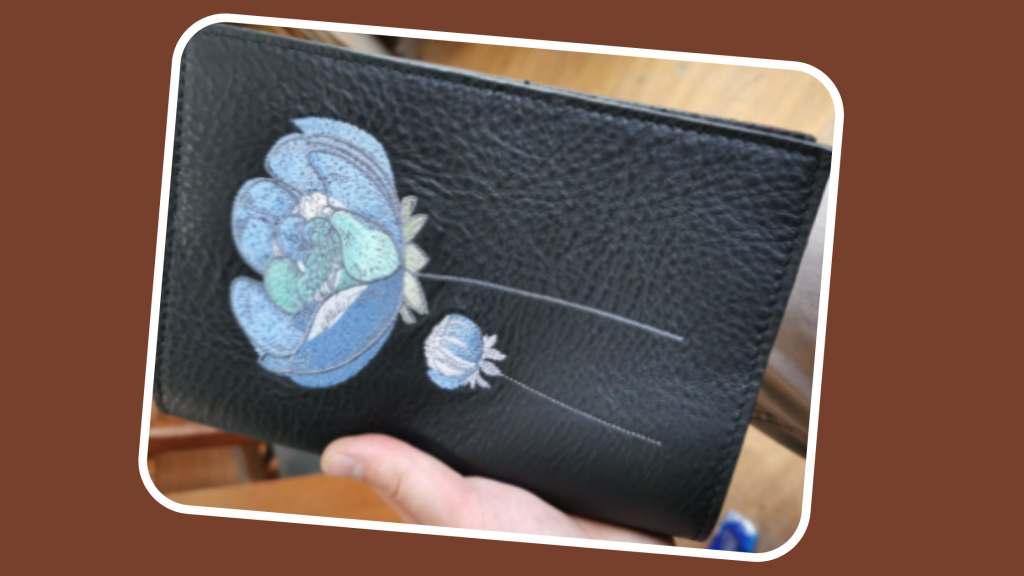
Choosing your Needle Carefully
There are many different types of needles, but it’s essential to be sure you choose the right one for your project. You want to ensure you buy a narrow-angle, sharp-pointed 11/75-inch standard-size metal threading piece.
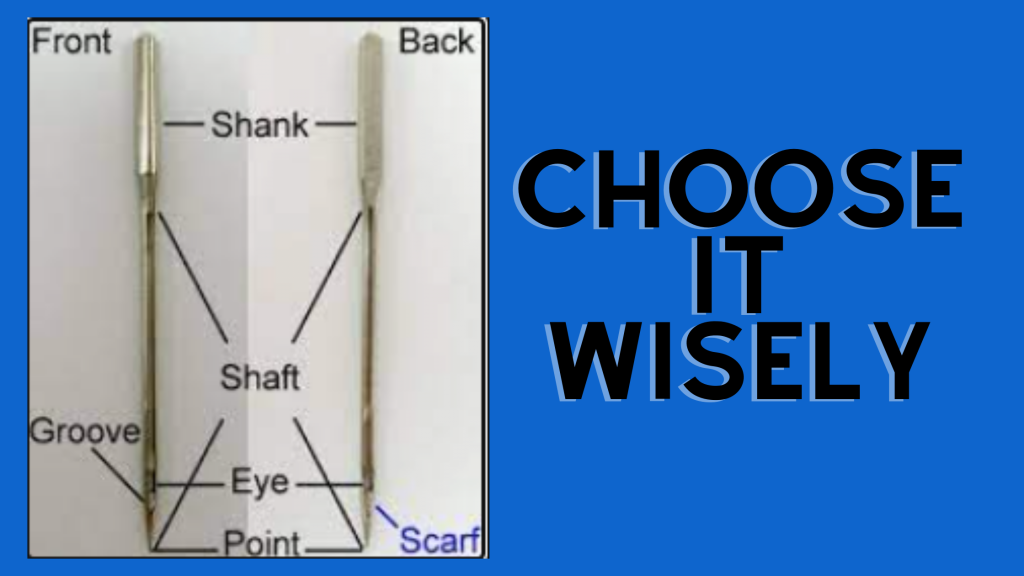
So it will penetrate through lighter weight fabrics like cotton or synthetic ones more quickly than thicker, heavier types of material would require; but if your goal involves creating an image with detailed Netherlands floral decorations, then go ahead and get one without any special features – choose between round shank (for home machines).
Cut-away Stabilizer
A medium-weight cut-away stabilizer is the best for embroidering on leather. It will hold your work together and keep it from shifting during or after you’re done stitching, but there’s no need to use anything else.
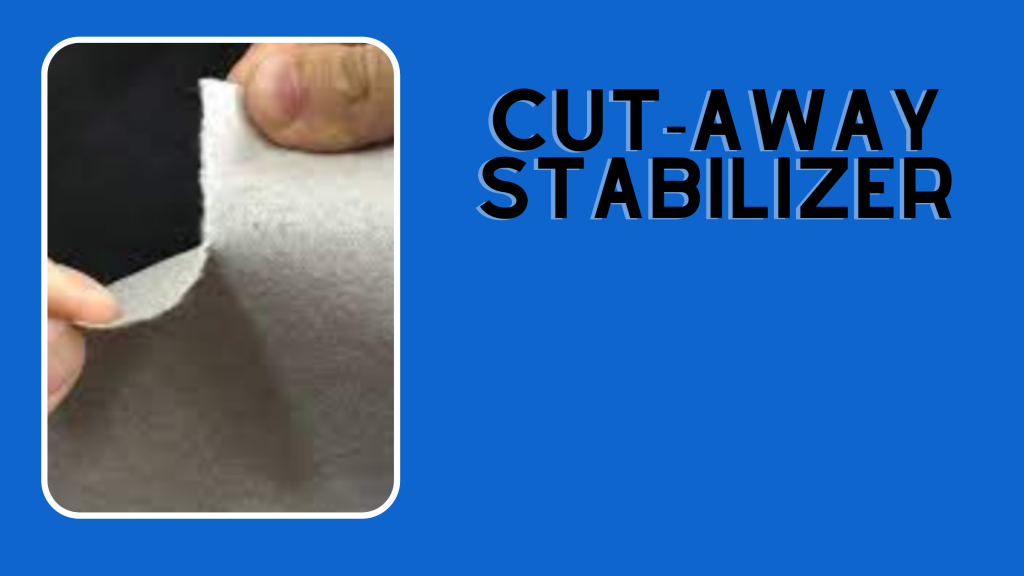
Make sure that if using spray adhesive (which comes in different shades), then choose one with light-enough color pigment so as not to see any marks where it’s been applied; otherwise, they’ll show up against darker colors instead of helping them blend into their surroundings.
Hooping
Hooping your leather is essential for keeping the design lined up while embroidering. Before hooping, spray on temporary adhesive and smooth out any bumps or creases with cotton fabric before applying it to a backing that won’t get marks from hoops moving around during production.
Leather is a delicate fabric that should be appropriately tightened. Avoid this by opening the hoop just enough to prevent hooping damage, and then pull it snugly without leaving marks on your project’s surface, or stitching for embroidery LEDs light up when in use, so you know if it’s too tight.
Medium Speed
What is the best way to ensure that your leather project is completed successfully and without running in the fabric? Use a medium machine speed. This will help keep the material from bouncing while embroidering.
This means you’ll get better results with less stitching! 350 stitches per minute is an ideal number for most projects; if you are not quite there yet, settle on something around 300-500 stitched seconds – whatever works better for you.
FAQs
Conclusion
Embroidering on leather can be a beautiful way to add flair to clothing, accessories, or furniture. By choosing the right thread and needle for the job and taking your time and patience, you can create a stunning embroidered design that will last for years.



